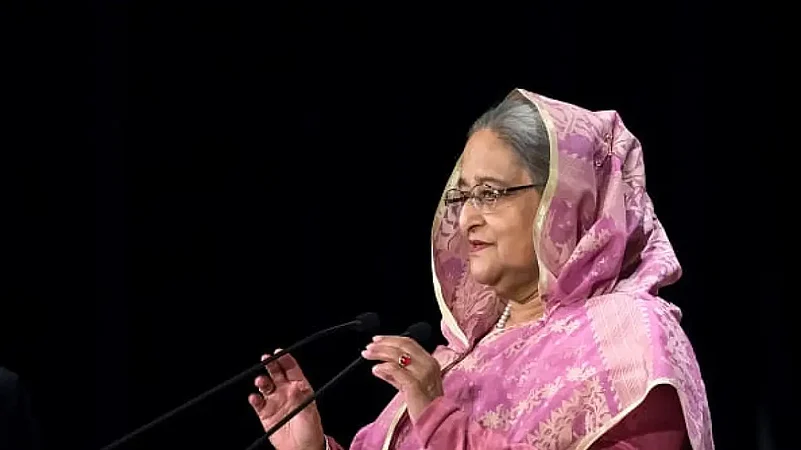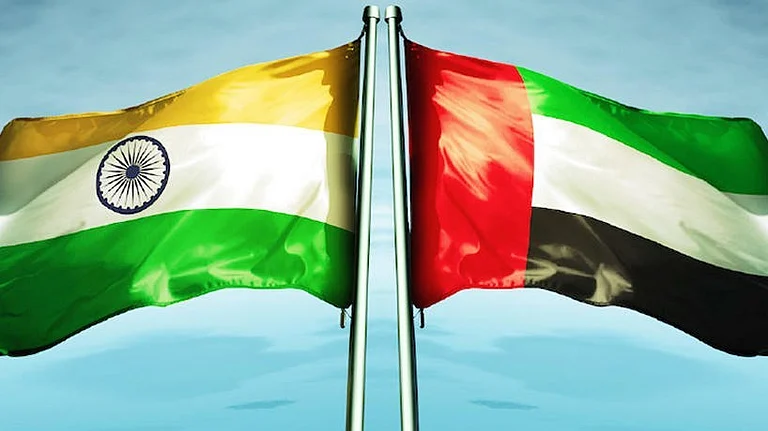Prime Minister Sheikh Hasina has reportedly resigned from her position and left Bangladesh, along with her sister Sheikh Rehana for a "safer location."
They departed from Bangabhaban around 2:30 PM on Monday via a military helicopter and might head to West Bengal, as per a report by AFP. Sheikh Hasina's departure occurred amid escalating violence, following a months-long mass protest in Dhaka.
Why protests have erupted in Bangladesh?
The mass protests in Bangladesh started a few months back, as student demonstrations called for changes in the civil service quota system. Many people claimed that the current quotas disproportionately favored supporters of Prime Minister Sheikh Hasina's ruling party, the Awami League.
Under the current quota system, 30 per cent of seats are reserved for students who are descendants of individuals who fought for Bangladesh's independence. This quota applies to all government jobs in the country across all levels.
While the protest started on a peaceful note, it steadily took a violent form as student protestors were met with violent police action. The situation worsened when internet access was shut down in Dhaka.
How is India reacting to it?
Just last week, India issued an advisory urging its citizens living in Bangladesh, to limit their movements due to the escalating violence in the neighboring nation. India has asked its citizens to not visit Bangladesh as the situation continues to take a violent form.
As per multiple media reports, nearly 100 people, including police officers, were killed on Sunday as a clash broke out between security officers and anti-government protesters.
"In view of ongoing developments, Indian nationals are strongly advised against traveling to Bangladesh till further notice," the Ministry of External Affairs (MEA) said in an official statement. "All Indian nationals presently in Bangladesh are advised to exercise extreme caution, restrict their movements and remain in contact with the High Commission of India in Dhaka."
































